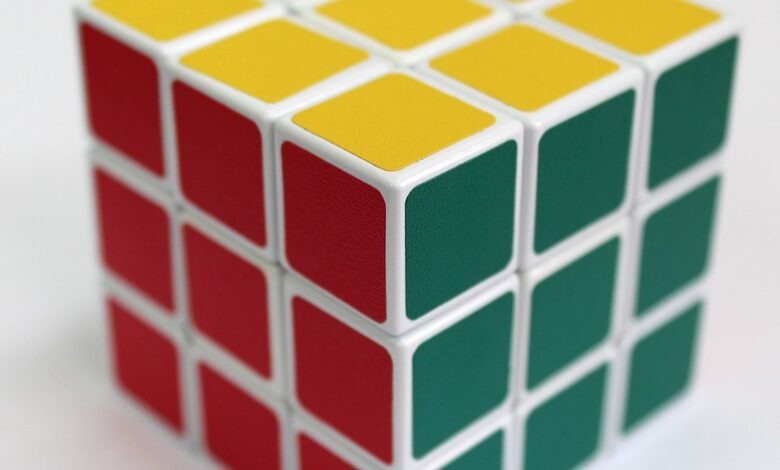Puzzle Games for Developing Interpersonal Skills

One crucial aspect of puzzle games that helps in developing interpersonal skills is teamwork. Many puzzle games require players to work together, pooling their strengths and ideas to unravel complex mysteries or overcome difficult obstacles. By working in a team, players learn the importance of effective communication and how to effectively delegate tasks. They also experience the benefits of relying on each other’s expertise to achieve a common goal. These skills directly translate into real-life situations where effective teamwork is vital, such as school group projects, work collaborations, or community initiatives.
Puzzle games also sharpen players’ communication skills. Overcoming challenging puzzles often requires clear and concise communication between players. They need to articulate their thoughts, ideas, and strategies effectively, ensuring everyone in the team is on the same page. Through this process, players learn how to convey their ideas in a way that is easily understandable to others. These communication skills are not only useful within the game but also essential in everyday life, from professional presentations to resolving conflicts in personal relationships.
Another skill that puzzle games help develop is patience. In the face of complex problems, players are encouraged to persist, experiment, and explore different avenues until they find the solution. This determination and perseverance teach players the value of patience and the rewards that come from not giving up. In interpersonal relationships, patience is an essential virtue. Whether it’s listening attentively to others, waiting for a resolution in conflicts, or understanding someone’s perspective, patience fosters better understanding and improved relationships.
Furthermore, puzzle games encourage critical thinking and problem-solving skills, which are highly advantageous in interpersonal relationships. As players face intricate puzzles and brainteasers, they learn to analyze, think outside the box, and find creative solutions. These problem-solving skills enable players to approach real-life challenges and interpersonal conflicts with an open mind, exploring multiple perspectives, and finding effective resolutions that satisfy everyone involved.
In an increasingly digital world where face-to-face interactions are often overshadowed by screens and gadgets, puzzle games offer a unique opportunity to bridge the gap and connect people on a deeper level. Whether it’s playing together on a board, solving virtual puzzles in an online multiplayer game, or even working on physical puzzles as a team-building exercise, these games encourage face-to-face interactions that foster interpersonal skills.
In a nutshell, puzzle games offer more than just entertainment and mental stimulation. They are a powerful tool for developing interpersonal skills. By promoting teamwork, communication, patience, critical thinking, and problem-solving, puzzle games lay the foundation for stronger and more meaningful relationships. So, the next time you reach for a puzzle game, remember that you’re not just challenging your mind but also nurturing your ability to connect with others.





